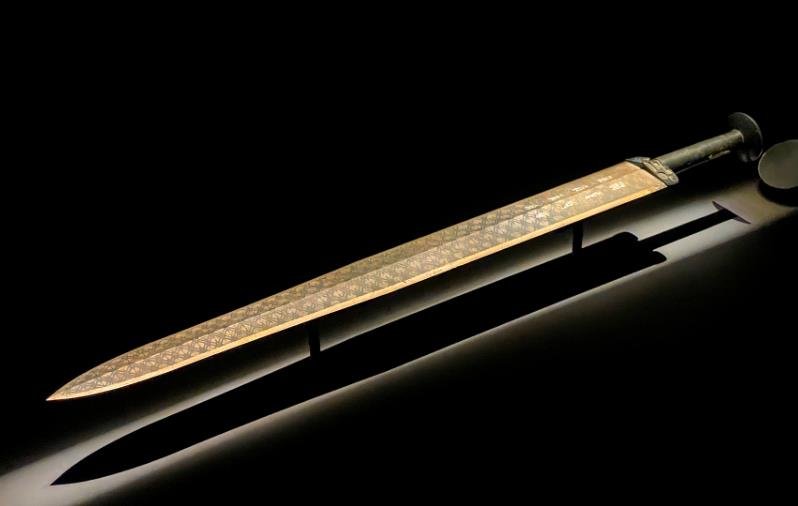Archaeologists in Egypt have made a remarkable discovery, unearthing a bronze sword inscribed with the name of Pharaoh Ramses II. This significant find was made at the ancient military fort of Tell Al-Abqain in the Beheira Governorate, northeast Egypt. The sword, buried for over 3,000 years, provides new insights into the military prowess and expansive reach of one of Egypt’s most renowned pharaohs. Ramses II, also known as Ramses the Great, ruled Egypt from 1279 B.C. to 1213 B.C., and his reign is marked by monumental building projects and extensive military campaigns.
The excavation at Tell Al-Abqain has revealed a wealth of artifacts, including the bronze sword marked with Ramses II’s cartouche. This ancient military fort, strategically located to protect Egypt’s northwestern borders, housed soldiers and contained warehouses for weapons, food, and supplies. The discovery of the sword, along with other personal items and remnants of daily life, paints a vivid picture of the fort’s historical significance.

The sword’s engravings indicate it may have belonged to a high-ranking officer, symbolizing the pharaoh’s power and generosity. The site also yielded large pottery remnants, animal bones, and cooking utensils, providing a glimpse into the daily lives of the soldiers stationed there. This find not only highlights the military strategies of ancient Egypt but also underscores the advanced engineering and organizational skills of the time.
Significance of the Sword
The bronze sword inscribed with Ramses II’s name is a testament to the pharaoh’s influence and the reach of his empire. Ramses II is credited with expanding Egypt’s territory as far as modern-day Syria to the east and Sudan to the south. The sword’s discovery adds to the growing body of evidence detailing the pharaoh’s military achievements and the wealth of his empire.
The sword’s engravings, including the cartouche of Ramses II, serve as a powerful symbol of royal authority and military might. Such artifacts were often awarded to high-ranking officers as a mark of distinction and loyalty. The presence of this sword at Tell Al-Abqain suggests the fort played a crucial role in Egypt’s defense strategy, protecting the kingdom from external threats.
Broader Implications
The unearthing of the sword at Tell Al-Abqain has broader implications for our understanding of ancient Egyptian history. This discovery sheds light on the military infrastructure and defensive strategies employed during Ramses II’s reign. It also highlights the importance of archaeological excavations in uncovering the rich and complex history of ancient civilizations.
The find has garnered significant attention from historians and archaeologists, who view it as a valuable addition to the study of ancient Egypt. The sword, along with other artifacts from the site, will likely be studied extensively to gain deeper insights into the period’s military and social dynamics. This discovery underscores the enduring legacy of Ramses II and his impact on Egyptian history.
